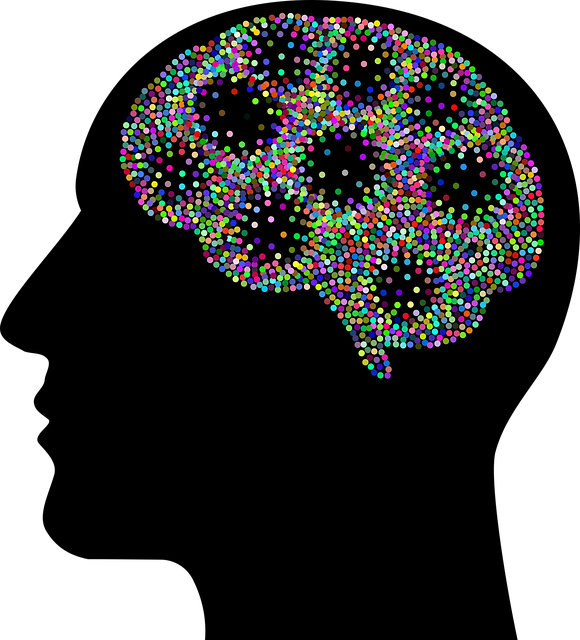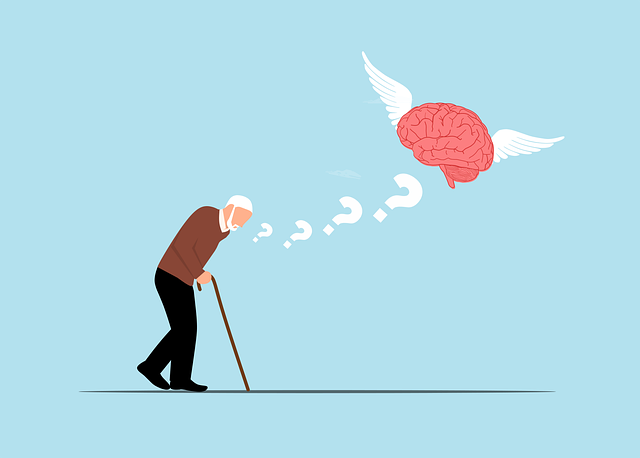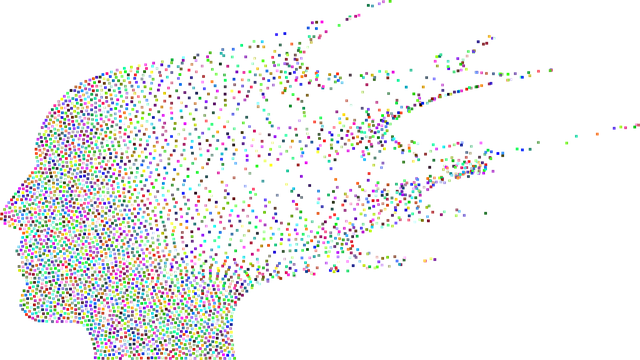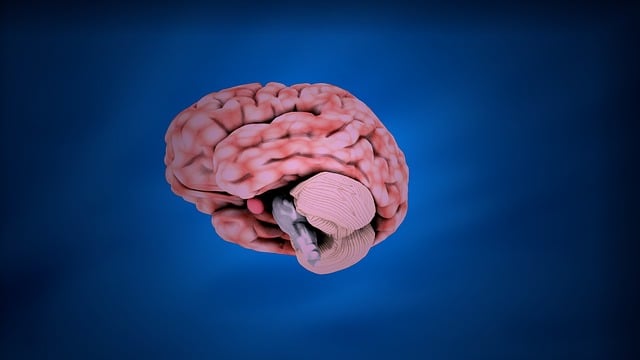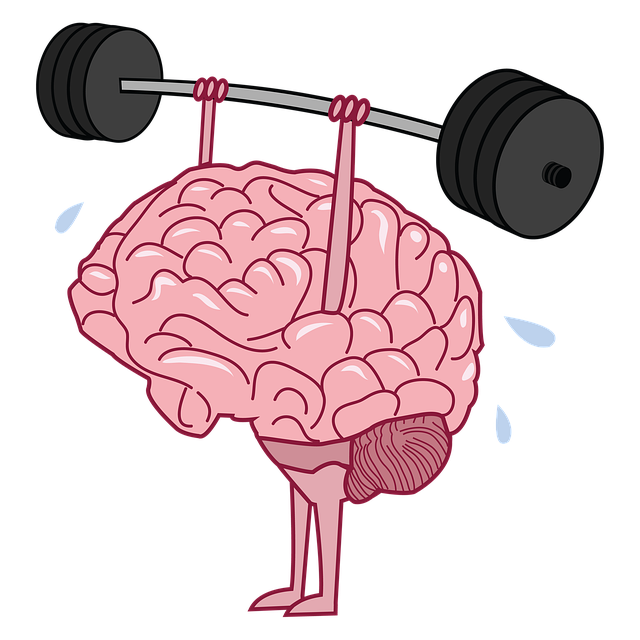Loss, grief, and bereavement significantly impact mental well-being, with professional help through counseling services like Lafayette First Responders Therapy offering safe spaces for expression. This program specializes in supporting first responders' emotional challenges post-traumatic events, providing tailored guidance, journaling exercises, and self-esteem improvement. Recognizing common grief stages helps offer personalized assistance, and initiatives like community outreach programs promote access to therapy and self-care practices, fostering resilience and mental health awareness.
Loss, grief, and bereavement are profound experiences that can deeply impact individuals and communities. This comprehensive guide explores these complex emotions, offering insights into their understanding and effective coping strategies. We delve into the specific needs of first responders, highlighting the critical role counseling plays in their recovery after traumatic events. Additionally, we introduce Lafayette First Responders Therapy as a specialized approach and provide accessible resources for those navigating bereavement, emphasizing the importance of mental health support during these challenging times.
- Understanding Loss, Grief, and Bereavement: A Comprehensive Overview
- The Role of Counseling in Supporting First Responders after Traumatic Events
- Identifying Common Grief Patterns and Their Impact on Mental Health
- Lafayette First Responders Therapy: A Specialized Approach to Healing
- Accessing Support Resources for Effective Bereavement Care
Understanding Loss, Grief, and Bereavement: A Comprehensive Overview

Loss, grief, and bereavement are deeply personal experiences that can profoundly impact an individual’s mental and emotional well-being. Understanding these concepts is a crucial step in providing effective support to those going through difficult times. Loss refers to the absence of something or someone valued, while grief is the complex emotional response to that loss. Bereavement, on the other hand, is the period during which individuals cope with their loss and adjust to life without their loved one. This process can vary greatly from person to person, influenced by factors such as cultural background, personal resilience, and social support systems.
For many affected by significant loss, seeking professional help through counseling services like Lafayette First Responders Therapy can be transformative. These programs offer a safe space for individuals to express their emotions, share memories, and learn healthy coping mechanisms. Community Outreach Program Implementation initiatives often play a vital role in promoting access to such therapy, ensuring that support is available to those who might otherwise struggle alone. Incorporating Self-Care Practices into these therapeutic approaches empowers individuals to navigate their grief while fostering personal growth. Social Skills Training can also be beneficial, helping bereaved individuals rebuild connections and rediscover a sense of community after their loss.
The Role of Counseling in Supporting First Responders after Traumatic Events

After traumatic events, first responders—police officers, firefighters, and paramedics—often face unique challenges in processing their experiences. Counseling plays a pivotal role in supporting these individuals, helping them navigate the complex emotions that arise from their line of work. In the context of Lafayette First Responders Therapy, professionals offer specialized care tailored to address the specific psychological needs of first responders.
Counseling provides a safe and non-judgmental space for first responders to process their trauma, develop effective conflict resolution techniques, and enhance self-esteem. It equips them with robust stress management skills, crucial for coping with the high-pressure nature of their jobs. By prioritizing mental health support, these services foster resilience, enabling first responders to effectively manage emotional distress and continue serving their communities with enhanced well-being.
Identifying Common Grief Patterns and Their Impact on Mental Health

Grief is a complex process that varies widely from person to person, often making it challenging to generalize or predict how individuals will cope with loss. Recognizing common grief patterns can offer valuable insights into the emotional journeys of those dealing with bereavement. One well-documented pattern involves stages of grief, such as denial, anger, bargaining, depression, and acceptance, which have been described by professionals like Elisabeth Kübler-Ross. Understanding these phases can help Lafayette First Responders Therapy provide tailored support to individuals in their unique grief journeys.
The impact of grief on mental health cannot be overstated. Prolonged or unresolved grief can lead to significant emotional distress, affecting one’s ability to function daily and maintain relationships. Moreover, it may contribute to the development or exacerbation of mental health conditions, emphasizing the need for effective counseling and therapy. While self-esteem improvement and mental health policy analysis and advocacy play crucial roles in addressing broader community needs, public awareness campaigns development can help destigmatize grief and encourage individuals to seek support, ultimately fostering better mental well-being.
Lafayette First Responders Therapy: A Specialized Approach to Healing

In the face of loss, grief, and bereavement, specialized support is often crucial for healing. This is where Lafayette First Responders Therapy steps in as a unique and compassionate approach to mental wellness. This therapy is designed specifically for first responders—those on the front lines of emergency services—who bear witness to trauma and tragedy on a regular basis. The program understands the profound impact these experiences can have on their emotional well-being, offering tailored guidance and support to help them process their feelings and regain a sense of equilibrium.
Lafayette First Responders Therapy goes beyond traditional counseling by incorporating mental wellness journaling exercises and focusing on self-esteem improvement. It provides a safe space for first responders to share their stories, fears, and hopes without judgment. Through this process, they can begin to make sense of their experiences, foster resilience, and enhance their mental health awareness. The therapy sessions are carefully structured to help participants navigate the complex emotions associated with their work while also encouraging personal growth and self-care practices.
Accessing Support Resources for Effective Bereavement Care

Grief is a complex process, and seeking support is an essential aspect of healing. For those in Lafayette, there are numerous resources available to navigate bereavement care. One such option is therapy provided by First Responders, who offer specialized services tailored to first responders and their unique challenges. This form of counseling can be immensely beneficial for individuals dealing with loss, providing a safe space to process emotions.
In addition to professional therapy, engaging in self-care practices like mental wellness journaling exercises can aid in the healing process. Journaling allows individuals to reflect on their feelings, gain perspective, and track their progress over time. Moreover, community outreach programs that implement conflict resolution techniques and support groups can foster a sense of belonging and understanding among bereaved individuals. These resources collectively empower those affected by loss, offering guidance and a path towards resilience.
Loss, grief, and bereavement can profoundly impact individuals, particularly first responders who often face traumatic events. Understanding these emotions and seeking specialized counseling, such as that offered by Lafayette First Responders Therapy, is crucial for mental health recovery. This comprehensive approach ensures that those dealing with loss receive the necessary support to navigate their grief patterns and access vital resources for effective bereavement care. By recognizing the impact of trauma and providing tailored therapy, communities can foster healing and resilience among their members.




